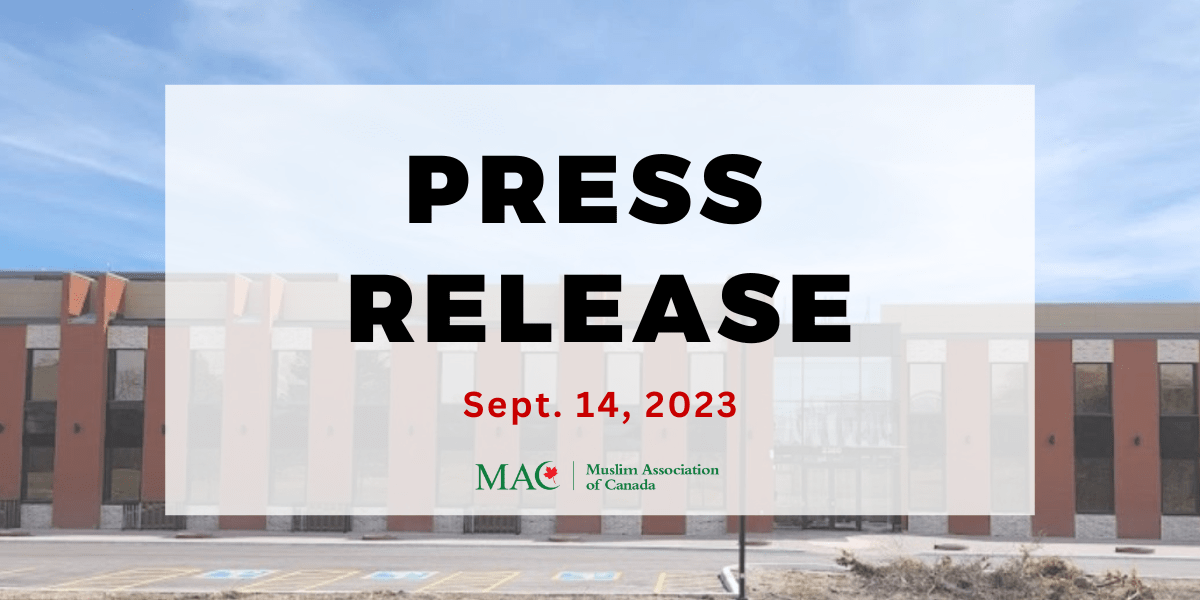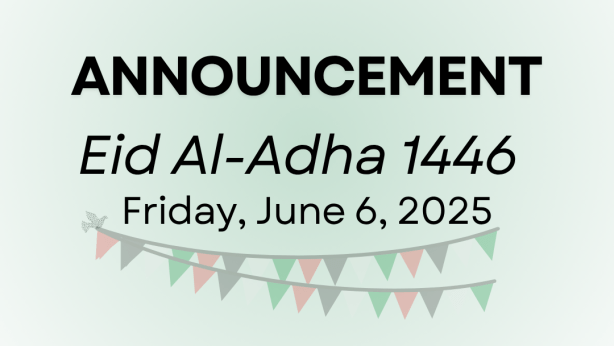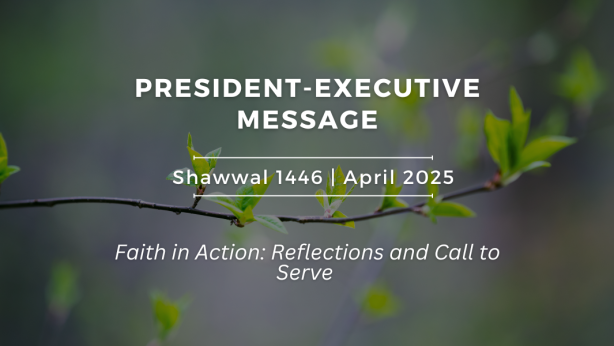PRESS RELEASE: Charter Challenge Update

The Ontario Superior Court Confirms Bias in CRA Audit but Delays Justice for the Muslim Association of Canada
Toronto, ON, September 14, 2023 – A recent ruling by the Ontario Superior Court marks an important acknowledgment in the ongoing battle against systemic Islamophobia, recognizing the differential and biased treatment the Muslim Association of Canada (MAC) faced during the Canada Revenue Agency (CRA) audit. However, the court’s decision to allow the CRA to continue to conduct audits with prejudiced practices, unchecked and without consequence, raises profound concerns for the Muslim community and the wider charitable sector.
Although the court acknowledged the CRA’s biased approach in MAC’s audit, it stopped short of providing a resolution, citing the incomplete administrative process of the audit. The court’s decision to delay justice is detrimental to Canadian Muslims, both emotionally and financially. As such, the decision risks overshadowing the very essence of the Canadian Charter of Rights and Freedoms, which stands as a safeguard of individual rights against overreach by the state and unlimited discretion. This ruling does not reflect the experiences and testimonies of countless Canadian Muslim-led charities who have been impacted by the CRA’s prejudiced audits.
The Charter challenge was originally filed by MAC in April 2022 and was subsequently heard in court a year later, in April 2023. The challenge seeks to address the deeply concerning question of whether the CRA’s audit and methods for assessing terrorist financing risks posed by Muslim charities are rooted in systemic Islamophobia and violate Charter rights. These included Section 2(a) concerning freedom of religion, Section 2(b) on freedom of expression, Section 2(d) related to freedom of association, and Section 15 which addresses equality rights.
“The court’s ruling is not only legally wrong but also departs from the courts’ long-standing commitment to safeguarding the rights of all Canadians. When the state overreaches and the rights of Canadians are infringed, timely intervention is not just an option, it’s an obligation. Unfortunately, the court has lost sight of this fundamental principle,” said Geoff Hall, a lawyer at McCarthy Tétrault LLP who represents MAC on the Charter challenge. “It’s deeply troubling that the court would tacitly accept a premise that Canadian Muslims can be considered a national security risk. More Muslims have been killed in Canada at the hands of self-confessed white nationalists than in any other Western nation. Yet we would never accept that ‘white’ people are an inherent security risk and worth singling out for investigation.”
“The court’s decision to recognize the inherent bias and prejudice against the Muslim community in the audit validates our long-held concerns. It underscores the urgent need for reform,” said Sharaf Sharafeldin, the President-Strategy of MAC. “However, we are disappointed by the court’s choice not to address these violations immediately, effectively allowing these infringements on our community’s rights to persist indefinitely. We remain committed to pursuing justice and ensuring that the rights of Canadian Muslims are respected.”
Justice Koehnen has shed light on how the CRA should approach its dealings with MAC and more broadly with religious organizations.
- The reasons used by the Review and Analysis Division (RAD) to select MAC for an audit might not support adverse audit findings against MAC.
- Instead of the CRA maintaining a focused examination on terrorism financing, the audit’s direction strayed into areas unrelated to its stated purpose.
- The court recognized MAC’s differentiation between the religious ideology of the Muslim Brotherhood and supporting a Muslim Brotherhood organization abroad, drawing a parallel to the distinction between Christianity as a faith and the Christian Democratic parties in select European nations.
- The CRA’s approach towards MAC, especially concerning its children and youth activities and property usage, exhibits a clear differential treatment when compared to other religious communities. The court cast doubt on whether the CRA would sanction Christian or Jewish charities in the same way.
- Regarding Eid celebrations that the CRA targeted, the court found that the social aspect is an integral aspect of religious observance, in order to foster a sense of community. The court found it implausible that the CRA would revoke a Christian charity’s status for hosting Christmas or Thanksgiving feasts, or challenge a Jewish charity for organizing Seders or Succoth dinners for newcomers.
- The court recognized that as a religious organization, MAC offers a social focus and fosters a sense of community in its mission to promote religion, goes beyond just religious doctrine, and is essential for the wellbeing of Canadians and their integration into Canadian society.
- The court acknowledged that the violations of the Income Tax Act identified in MAC’s audit are minor and suggested that similar findings, if observed in Jewish or Christian charities, would not result in revocation or sanctions.
We expect that the court’s perspective will be respected and considered by the CRA as it finalizes its audit outcome.
Concerns with a number of positions taken by the Court:
- The decision appears to limit Canadians’ ability to challenge violations of their Charter rights by allowing recourse to courts only once all administrative appeals have been exhausted, placing Canadians at the mercy of potential biased government action. If courts consistently defer to administrative agencies until those agencies have completed their processes, it grants significant latitude to agencies.
- The court’s decision fails to take into account the limited resources with which most Canadian charities operate and can have significant adverse impact on the sector as a whole.
The CRA should not be given a “green light” to conduct its operations as it sees fit, even if it involves potential bias, prejudice, or discrimination against certain groups or entities. With the number of biases identified in this court’s decision, the government has an obligation to intervene, in order to address the systemic biases in the CRA, and work to restore trust in this agency.
We believe in the strength of our case and will continue our legal journey to ensure that prejudices in any form, especially those rooted in institutional practices, are brought to light and addressed. As such, we are considering the best way forward, including the possibility of appealing the ruling.
For media inquiries, please contact:
communications@macnet.ca
About Muslim Association of Canada
The Muslim Association of Canada (MAC) is a Canadian, independent, national, faith-based, charitable organization, that provides spaces, services and programs for holistic education and personal development for Canadian Muslims. MAC focuses on building communities and strengthening neighborhoods nation-wide, through services and collaborations with groups from different religious, ethnic, and racial backgrounds. MAC has chapters in 13 major cities across the country alongside 20 mosques and community centers, 30 full-time, part-time schools and daycares. In all, MAC serves over 150,000 community members across Canada.
For more information, click here.


